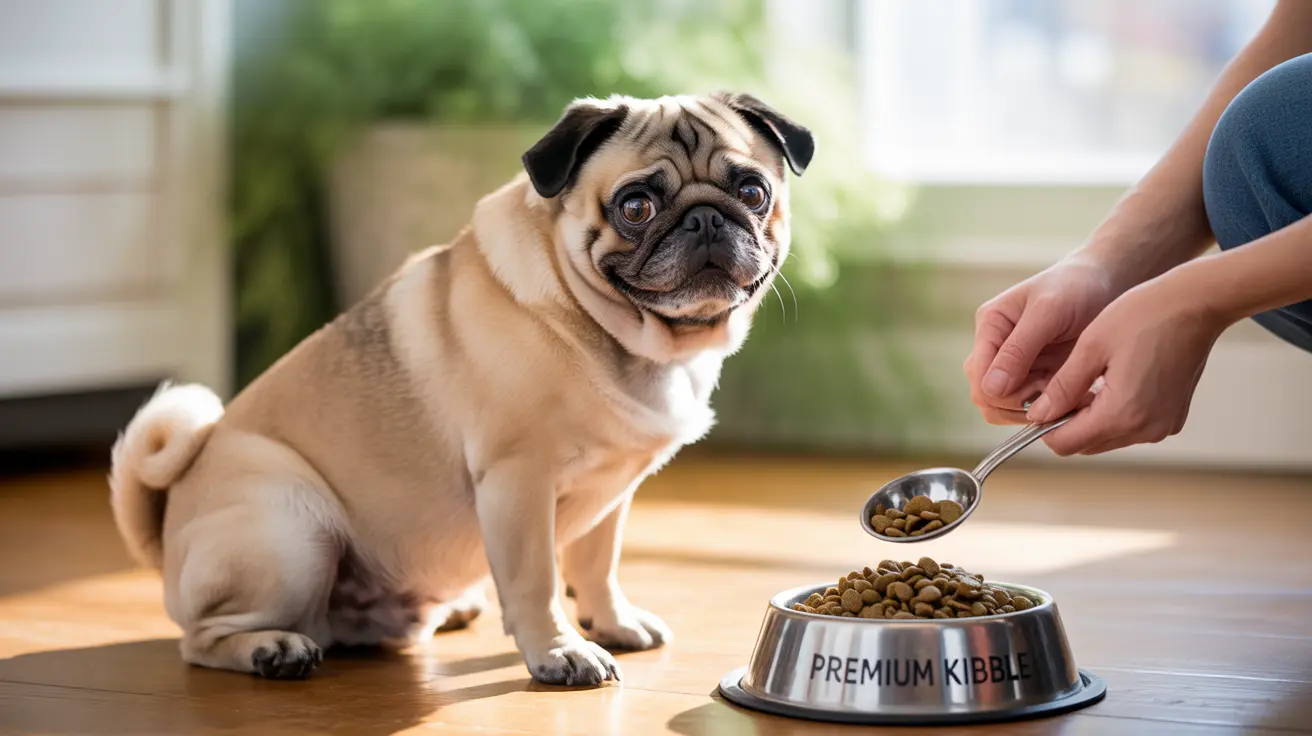Understanding your dog's digestive process is crucial for maintaining their health and establishing proper feeding schedules. Whether you're a new pet parent or an experienced dog owner, knowing the timeline of canine digestion can help you better care for your furry friend and identify potential digestive issues early.
While the complete digestive journey varies among dogs, the process typically takes between 4 to 12 hours from the moment food enters their mouth until it's eliminated. Let's explore the fascinating journey of food through your dog's digestive system and understand the factors that influence this process.
The Canine Digestive Journey: From Bowl to Bowl
A dog's digestive system is remarkably efficient, working much faster than a human's. The process begins the moment your dog takes their first bite, with food spending mere seconds in the mouth before moving to the esophagus.
The stomach is where the real work begins, with food remaining there for 2-4 hours while powerful acids break down proteins. Following this, the journey continues through the small intestine for 2-6 hours, where most nutrient absorption occurs.
Factors Affecting Digestion Speed
Several key factors influence how quickly your dog processes their food:
- Dog size and breed (larger dogs typically take longer)
- Age (puppies digest faster than senior dogs)
- Food type and quality
- Activity level
- Overall health
- Hydration status
- Dietary fiber content
How Long After a Dog Eats Do They Poop?
Most dogs will need to eliminate within 8-12 hours after eating, though some may need to go sooner. Smaller breeds and puppies often have faster digestive systems, sometimes needing to eliminate within 4 hours of eating.
A consistent elimination schedule is more important than the exact timing between meals and bowel movements. Most healthy dogs maintain regular patterns, eliminating 1-3 times daily depending on their individual metabolism and feeding schedule.
Signs of Healthy Digestion
Look for these indicators of proper digestion in your dog:
- Regular, predictable elimination schedule
- Firm, well-formed stools
- Normal brown color
- Consistent amount relative to food intake
- No straining during elimination
Optimizing Your Dog's Digestive Health
To support healthy digestion in your dog, consider these expert recommendations:
- Feed high-quality, easily digestible food
- Maintain consistent feeding times
- Ensure adequate hydration
- Provide regular exercise
- Monitor portion sizes
- Make dietary changes gradually
- Include appropriate fiber content
Frequently Asked Questions
How long does it take for a dog to digest food completely, and what factors affect this process?
Dogs typically take 4-12 hours to digest food completely. The process is affected by factors including the dog's size, age, breed, food type, and activity level. Larger breeds generally take longer to digest food than smaller ones, while puppies tend to have faster digestion than adult dogs.
Why do dogs often need to poop soon after eating, even if they haven't fully digested their food?
This occurs due to the "gastrocolic reflex" - when the stomach fills with food, it signals the colon to make room for more waste by eliminating. This reflex explains why dogs might need to poop shortly after eating, even though that particular meal hasn't been fully digested yet.
How can I determine if my dog is digesting food properly based on their stool quality and elimination schedule?
Healthy digestion is indicated by regular, predictable bowel movements, firm and well-formed stools, and normal brown coloring. Watch for consistency in timing and appearance. Any significant changes in stool quality or elimination patterns warrant attention from your veterinarian.
What types of food are best for dogs to digest, and how can I choose the right diet for my pet?
High-quality, easily digestible foods with whole ingredients are optimal for canine digestion. Look for foods with high-quality protein sources, appropriate fiber content, and minimal artificial additives. Consider your dog's age, size, and activity level when selecting food, and consult with your veterinarian for personalized recommendations.
How can I adjust my dog's feeding schedule to ensure they're eliminating regularly and maintaining good digestive health?
Establish consistent feeding times, typically 2-3 meals daily for adult dogs. Monitor your dog's elimination patterns and adjust meal timing accordingly. Ensure adequate water intake and regular exercise opportunities. Make any dietary changes gradually over 7-10 days to prevent digestive upset.






